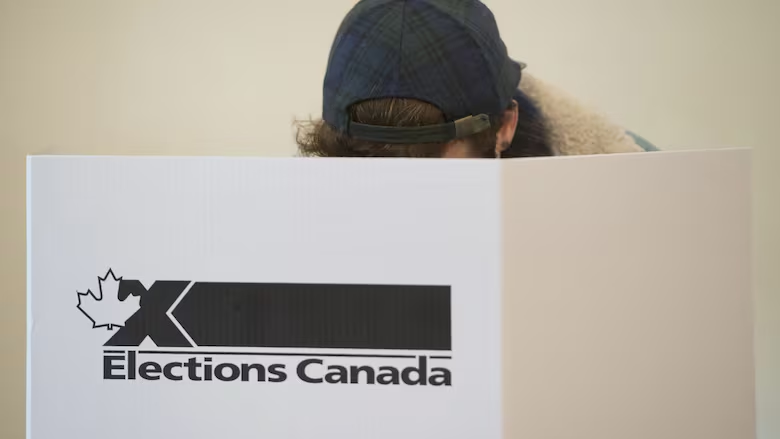Advance election polls open for Thanksgiving weekend
Early voting takes place from 9 a.m. to 9 p.m. through Oct. 14

If you've already decided who to vote for and just can't wait to have your say, you're in luck this Thanksgiving weekend.
Advance voting takes place 9 a.m. to 9 p.m. daily from Oct. 11 until Oct. 14 at assigned polling stations.
This differs from the process in the Alberta provincial election earlier this year, where electors could vote at any polling station.
To find the correct polling station, would-be electors (any registered Canadian 18 and older) can click here to go to the Elections Canada site, where you can enter your postal code and find out where you can vote in the advance polls or on election day, which is Oct. 21. You can also call 1-800-463-6868 for the information.
- Here are the tools you need to follow the federal election
- Compare the party platforms on these top election issues
The location is also written on the voter identification cards sent out to nearly 27 million Canadians.
Here's what you should bring:
- You'll need something that proves your identity and your current address. The easiest ID to bring is a driver's licence, but any ID that's got your photo, name and address on it and has been issued by the federal government, the province or your municipality will do.
- If you don't have those, you can bring two other pieces of ID; both must have your name on it and one has to have your current address. This includes passports, blood donor cards, birth certificates, band memberships and dozens of other options, which you can find here.
- If you don't have any ID, you can get someone to vouch for you. But they must be able to prove their own identity and address.
Voters also can cast a ballot at any Elections Canada office until 6 p.m. on Oct. 15.
That's also the deadline to register to vote by mail.
The federal election takes place on Monday, Oct. 21.
- A lot of claims are made during an election but not all of them are true. We're taking a closer look at what parties are saying, complaining and tweeting about — and if there's any truth to it. Follow our fact checks.
- How to spot misinformation and disinformation online.
- You can text us with questions during the election. Here's how it works